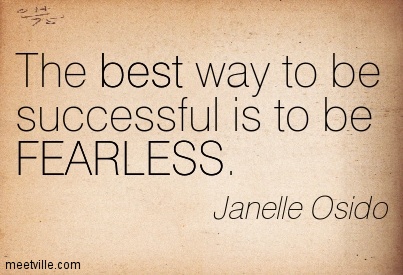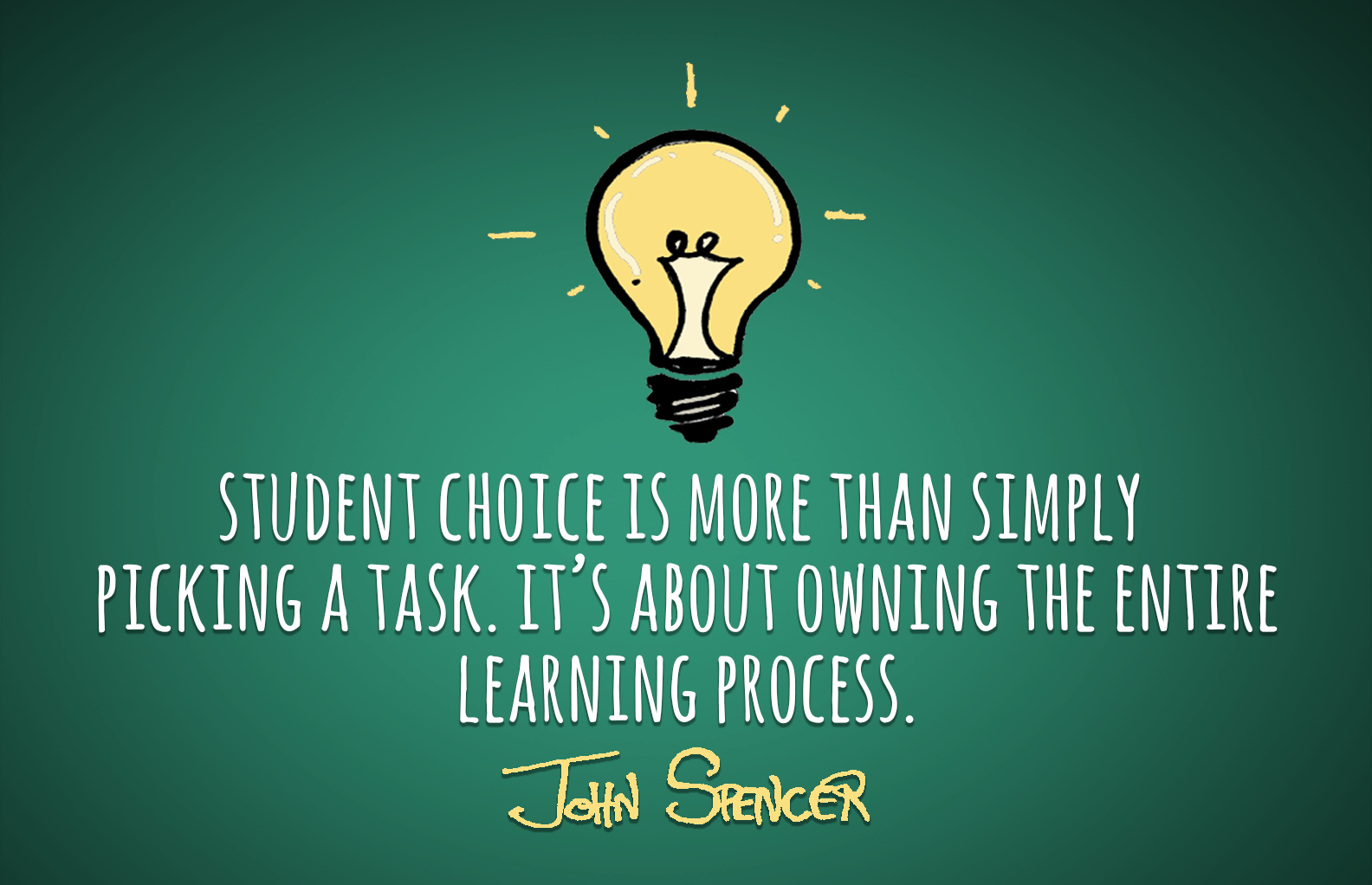We have all heard the adage, "If at first you don't succeed, try try again." Well, the more I read about Carol Dweck's research on Growth Mindset and Angela Duckworth's research on grit, the more I think the phrase needs to be tweaked. Something along the lines of, "If at first you don't succeed, get feedback, try something different, repeat as necessary." This coincides well with the fourth belief statement that guides our District 107 Strategic Blueprint:
Belief 4: Students receive effective feedback that fuels their natural desire to do better in a try, fail, and try again in a growth mindset environment.
Last year, I wrote a post about fostering a Growth Mindset at home. However, fostering a growth mindset in our Pleasantdale schools is a critical component in "creating a community of inspired learners." Yes, effort is valued, and yes, mistakes are okay! But the key to truly fostering a growth mindset is in providing specific, timely feedback to learners so they can make adjustments after a failure. In this article, Dweck makes the important point that "a growth mindset isn't just about effort" but that learners also need to "try new strategies and seek input from others when they're stuck." Similarly, Duckworth reinforces this idea in her book Grit: The Power of Passion and Perseverance when she points out that more practice and more refinement are essential in order to be successful. Even our visiting author Jordan Sonnenblick told a story about how he was writing a book for a particular young man named Jack, and he emailed the working draft of the book to Jack, a high school student, to get his feedback.
 |
| Mrs. Truesdale gives students feedback on frisbee skills in PE. |
The more feedback is received, the more the learner can hone in on what improvements are necessary because, in the words of Jan Chappuis, "effective feedback occurs during the learning, while there is still time to act on it"!









